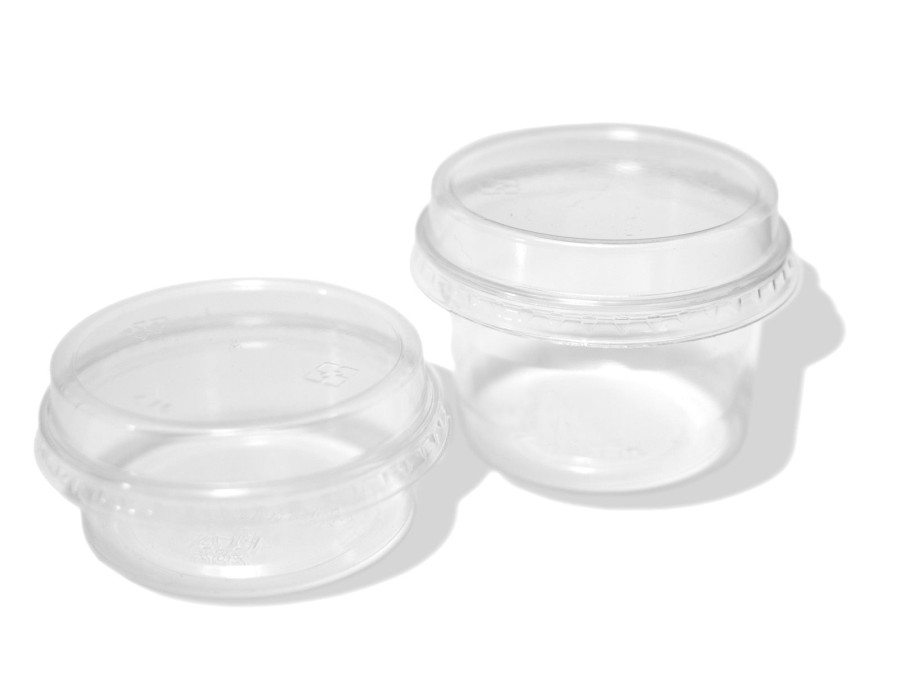As the world becomes increasingly aware of environmental issues, the push for sustainable dining solutions has gained momentum. Among the most promising innovations are compostable cold cups and fiber plates. These products not only offer convenience for consumers but also significantly reduce environmental impact. This blog will explore the benefits of compostable cold cups and fiber plates, their materials, and their role in promoting a greener future.
What Are Compostable Cold Cups?
Compostable cold cups are designed for single-use applications but are made from materials that break down naturally in composting environments. Unlike traditional plastic cups, which can take hundreds of years to decompose, compostable cups typically decompose within months when placed in a suitable composting facility.

These cups are often made from plant-based materials, such as PLA (polylactic acid), a biodegradable plastic derived from cornstarch or sugarcane. Some brands also use paper cups lined with a compostable coating, ensuring they can hold liquids without leaking while still being environmentally friendly.
Benefits of Compostable Cold Cups
- Environmental Impact: By opting for compostable cold cups, consumers can significantly reduce their carbon footprint. When disposed of in compost facilities, these cups return nutrients to the soil, supporting plant growth and reducing landfill waste.
- Consumer Preference: TodayÕs consumers are increasingly environmentally conscious, seeking out products that align with their values. Offering compostable options can enhance a brandÕs image and attract eco-minded customers.
- Convenience: Compostable cups provide the same convenience as traditional disposable cups, making them ideal for events, festivals, and food service operations. They eliminate the need for washing and can be disposed of along with organic waste.
Understanding Fiber Plates
Fiber plates are another sustainable alternative to traditional plastic or Styrofoam dishes. Made from materials such as sugarcane fiber (bagasse), bamboo, or recycled paper, these plates are both compostable and biodegradable. They are sturdy enough to hold a variety of foods, from hot entrees to cold salads, making them versatile for any dining situation.
Advantages of Fiber Plates

- Sustainability: Fiber plates are made from renewable resources, significantly reducing reliance on fossil fuels. Their compostability means they break down naturally, leaving no harmful residue behind.
- Food Safety: These plates are designed to be safe for food contact. Many fiber plates are microwave and freezer-safe, making them suitable for a wide range of culinary applications.
- Aesthetic Appeal: Fiber plates offer a natural look that can enhance the dining experience. They are often more visually appealing than traditional plastic, making them popular for weddings, parties, and eco-conscious events.
The Shift Toward Sustainable Dining
The adoption of compostable cold cups and fiber plates is part of a broader movement towards sustainability in the food and beverage industry. Restaurants, cafes, and catering services are increasingly looking for eco-friendly alternatives to reduce their environmental impact. Many cities and municipalities are also implementing bans on single-use plastics, further driving demand for compostable options.
Consumers play a critical role in this shift. By choosing products that prioritize sustainability, they can influence businesses to adopt greener practices. Moreover, education about proper disposal methods is essential; consumers must be informed about composting facilities to ensure that these products are disposed of correctly.
Conclusion
Compostable cold cups and fiber plates represent a significant step toward sustainable dining solutions. As more consumers demand eco-friendly options, businesses that embrace these products can contribute to a healthier planet while meeting customer expectations. The transition to sustainable dining is not just a trend; itÕs a necessary evolution for the future of our environment. By choosing compostable and biodegradable products, we can all play a part in reducing waste and fostering a more sustainable world.





Comments